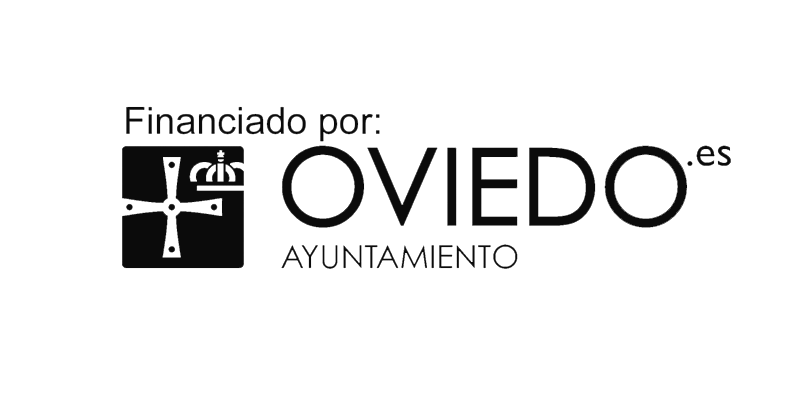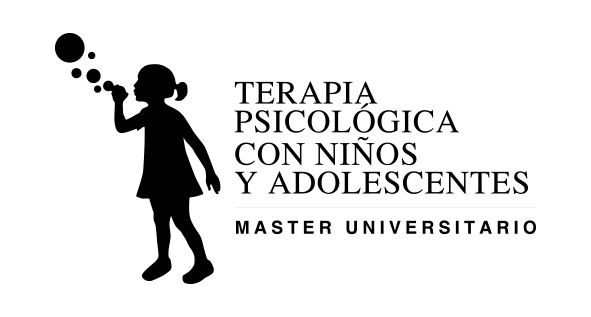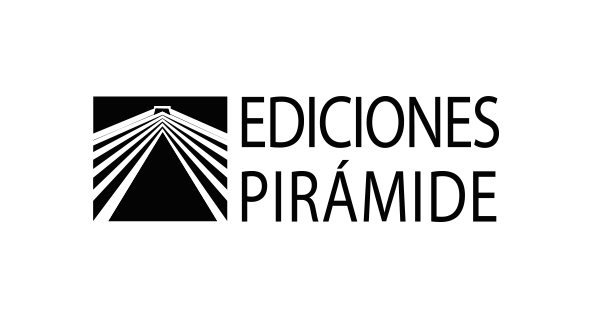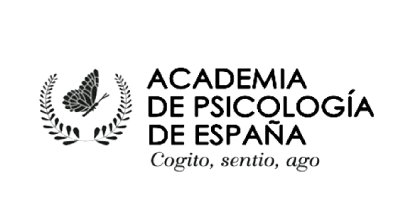Lorena Rodríguez González
Neurokid Clinic, Spain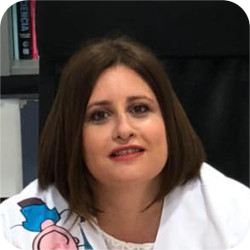
Models of neuropsychological evaluation and intervention in school learning disorders in children with neurological diseases
Children with neurological diseases such as ischemic stroke, epilepsy, cancer, and type I neurofibromatosis report neurocognitive, behavioral, emotional, social, and medical sequelae that interfere with learning, school performance, functioning, and socialization. We have selected these childhood neurological pathologies because of the substantial increase in the rate of survivors of these neurological diseases in childhood and because of their higher prevalence rate in the child population. In this work we will expose the models of evaluation and neuropsychological intervention of school learning disorders in children with neurological diseases described above, together with the design of the intervention and measures to be applied in the natural context to guarantee the quality of life of these children. The design of the evaluation and intervention models that we present has been carried out taking into account the neurodevelopmental stage in which the child neurological disease is presented in order to optimise the cerebral plasticity associated with the learning processes and, in this way, take advantage of the critical periods of school learning according to the educational stage in which the child is immersed. At the neuropsychological level, these children present a lower performance in tasks of language, memory, attention, executive functioning, social cognition, visoperception, visoconstruction and motor skills. These neuropsychological alterations usually lead to associated behavioural and emotional problems. Consequently, it is necessary to design evaluation models and neuropsychological intervention in school learning disorders in children with neurological diseases in order to guarantee school and social adaptation through networking with health and educational services as well as with the family, aimed at functionality and adaptations in the school environment such as those presented in this work given the specific characteristics of the target population.
Lorena Rodríguez is a professional dedicated to Clinical Neuropsychology and Clinical Psychology for more than 10 years in various health centres throughout her professional career. She graduated in Oviedo in 2005 and continued her training by studying a Master in Clinical and Health Psychology at ISEP (Instituto Superior de Estudios Psicológicos), Valencia. Later she studied the Master in Clinical Neuropsychology at ISEP, Valencia to continue with the specialization of her training. Expert in Clinical Neuropsychology accredited by the Official College of Psychologists. She is a professional within the area of Neruropsychology specialized in Childhood and Adolescence. Dedicated to the daily clinical practice in the Neurokid Clinic, which she complements with training tasks as a teacher of several Masters. She currently is a teacher of the Master in Basic and Applied Neurosciences at the University of Valencia and of the Master in Clinical Neuropsychology at ISEP. She is a member of the teaching team of the Training Plan for Professionals working with Children and Adolescents at the Generalitat Valenciana since October 2018. She is currently responsible for the Neuropsychology and Neuroscience Working Group of the COPCV (Colegio Oficial de Psicólogos de la Comunidad Valenciana). since its creation in 2016 and is part of the Advisory Council of ANPE Epilepsy in addition to belonging to different professional societies in the field of Neuropsychology (SVNP and CNC). Speaker at different congresses, conferences and courses in the area of Neuropsychology at a national level. Tutor of the Master of Clinical Neuropsychology of ISEP Valencia, Master of Clinical Neuropsychology of ITACA Formation, Master of Clinical Neuropsychology of the University Pablo Olavide of Seville, Master of General Health Psychology of the University Cardenal Herrera and Master of General Health Psychology of the European University.




